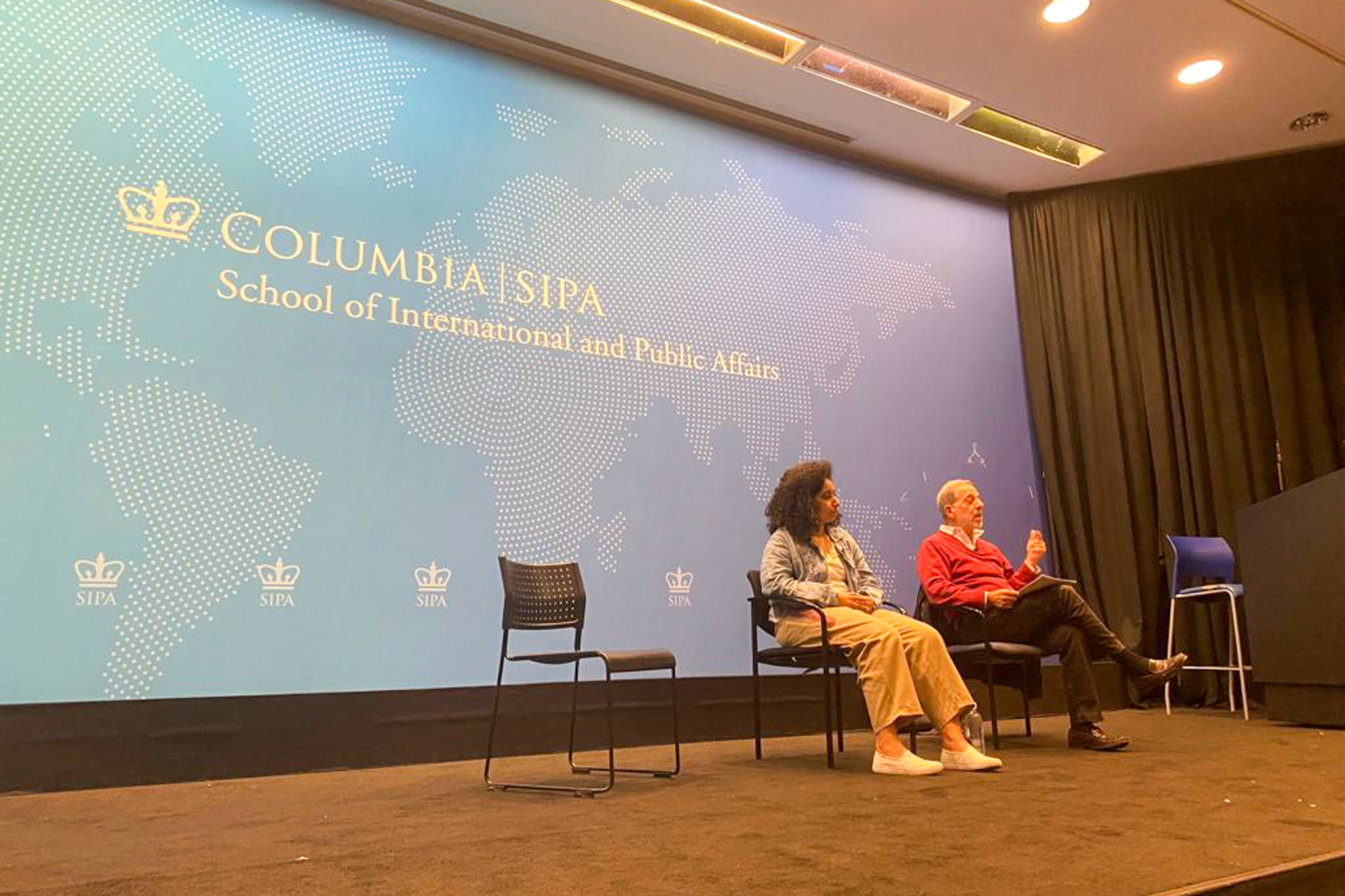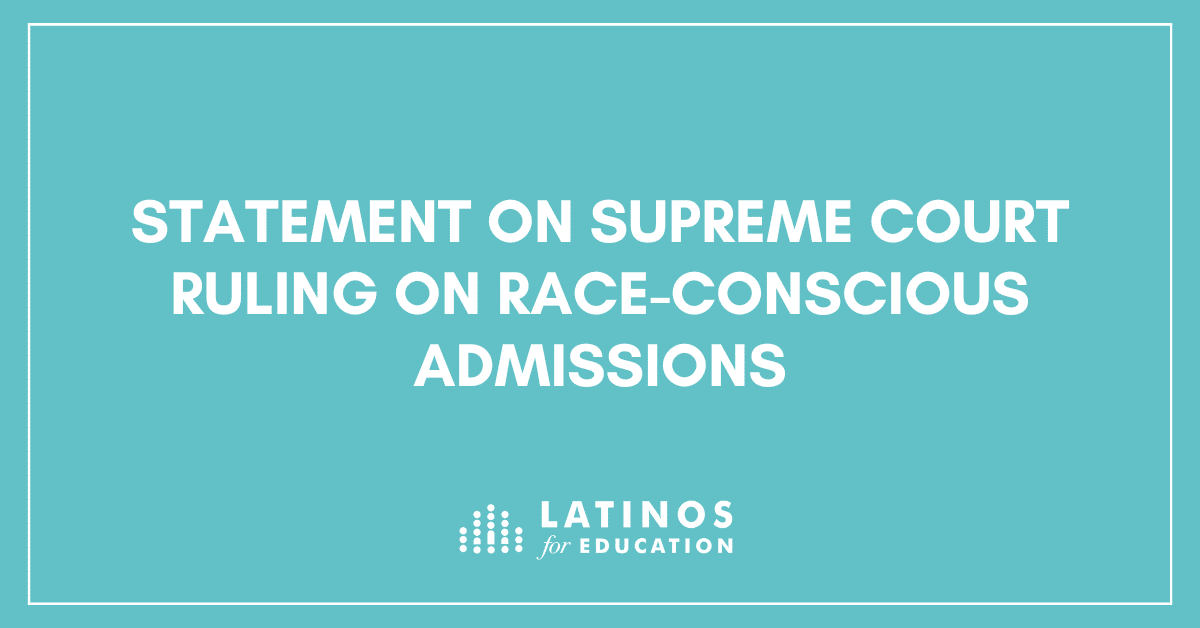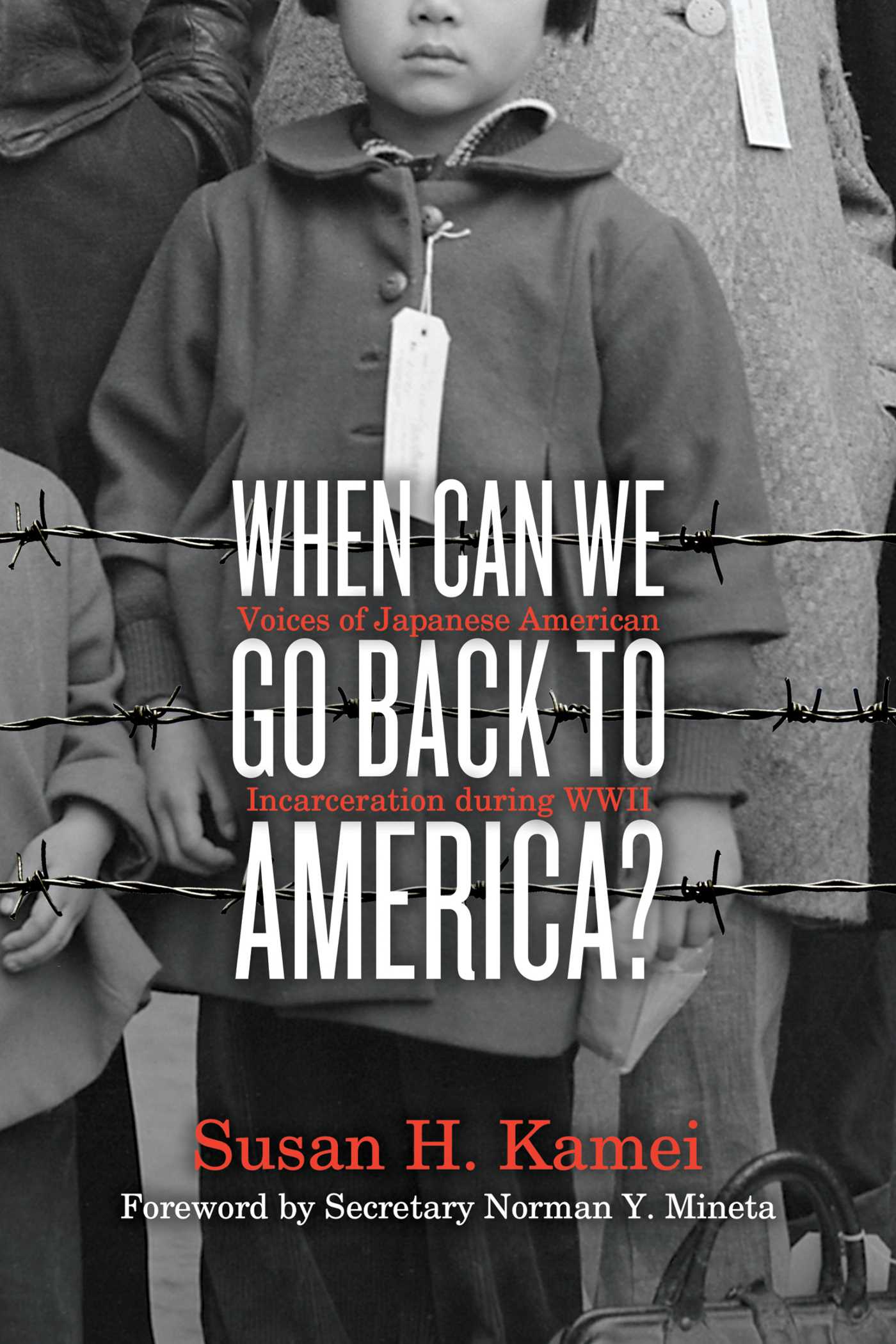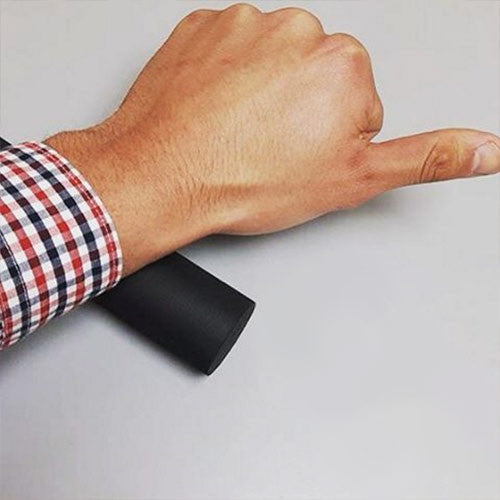The end of Columbia's 'free speech campus' myth: Administration's descent into identity politics diminishes real political discourse

By A Mystery Man Writer
During this latest round of extreme violence in historical Palestine and Israel, the story of the battle for Columbia’s conscience started with undergraduates. Naturally, this meant engaging in protest, a crucial role in any social movement that undergraduates do best. We graduate students at the School of International and Public Affairs were not so quick to start there. We did something different—we talked to each other first. After October 7, SIPA’s cohort WhatsApp group chats exploded with conversation—sometimes civil, sometimes tense, and everything in between. As I participated in the discussion and watched my classmates debate, it became apparent that Columbia needed to give students a space to engage with each other, and that it was not doing its job when it came to the issue of Israel and Palestine.

The uncomfortable but necessary conversation on racism

Palestine Working Group (@pwgatsipa) • Fotky a videa na Instagramu

Statement on Supreme Court Ruling on Race-Conscious Admissions

Read the Supreme Court Decision - The New York Times

When Can We Go Back to America? Book by Susan H. Kamei, Norman Y
Bard Anthropology Events

Charlie: Challenging free speech

Seven Stories Press
Limits on Free Speech
/media/img/mt/2023/12/HR_h_27.RTSRN1HC/original.jpg)
The Universities That Don't Understand Academic Freedom - The

Palestine Working Group (@pwgatsipa) • Fotky a videa na Instagramu

In Time of Lockdown: Reflections on Locks, Lockdown, Isolation by
- Talbots Button Detail Thermolite® Sweater in White

- VEKDONE Women Bras Clearance Sale Bras for Women Plus Size Push Up Wirefree Bra Breathable Padded Comfort T-Shirt Bra No Underwire Everyday Bra Hot Pink,S

- Buy Single Hook Bra online

- Kylie Jenner totally bosses her slightly see-through leggings

- 1 Mini Foam Roller - Various Colors (Firm) – RistRoller®





